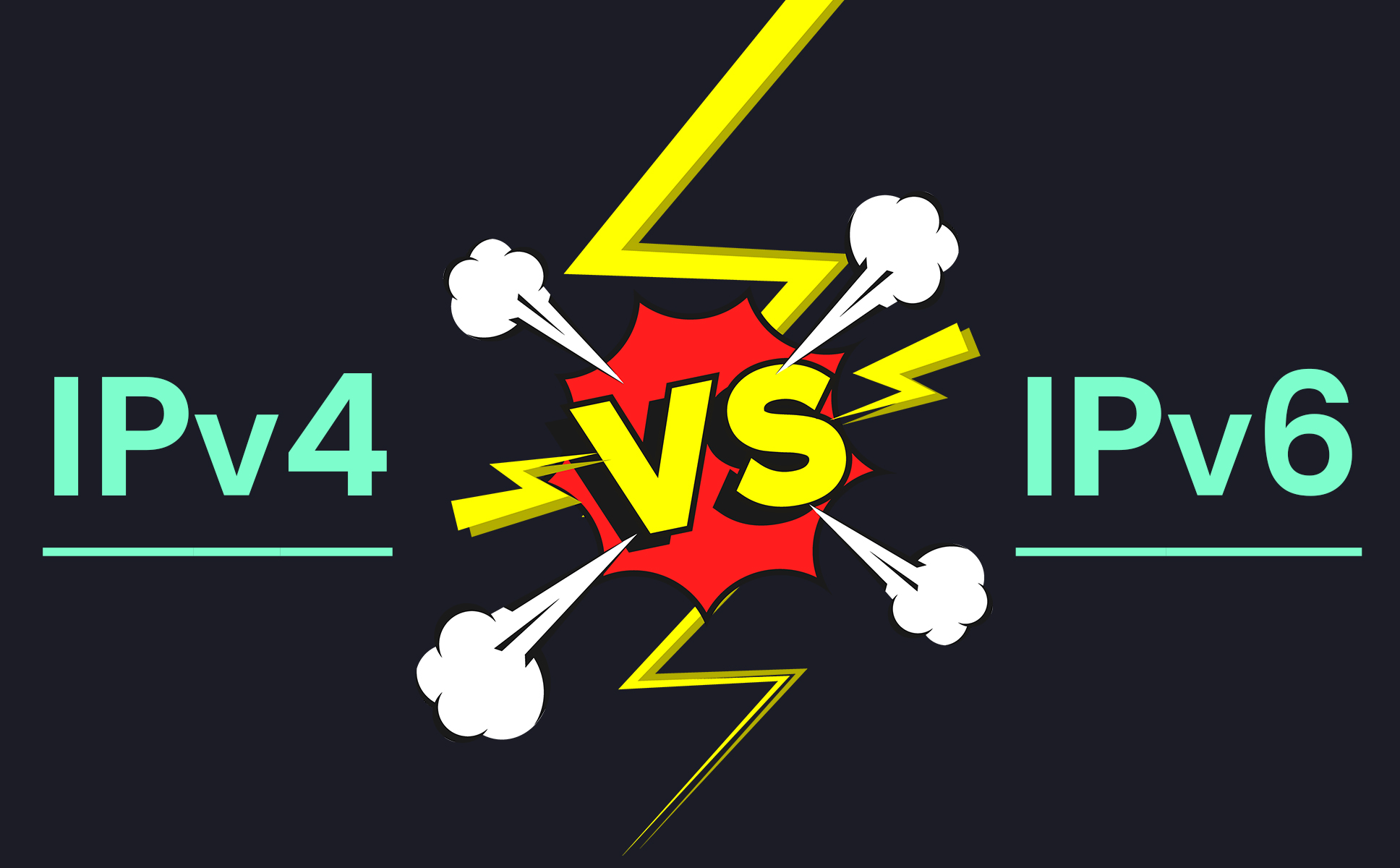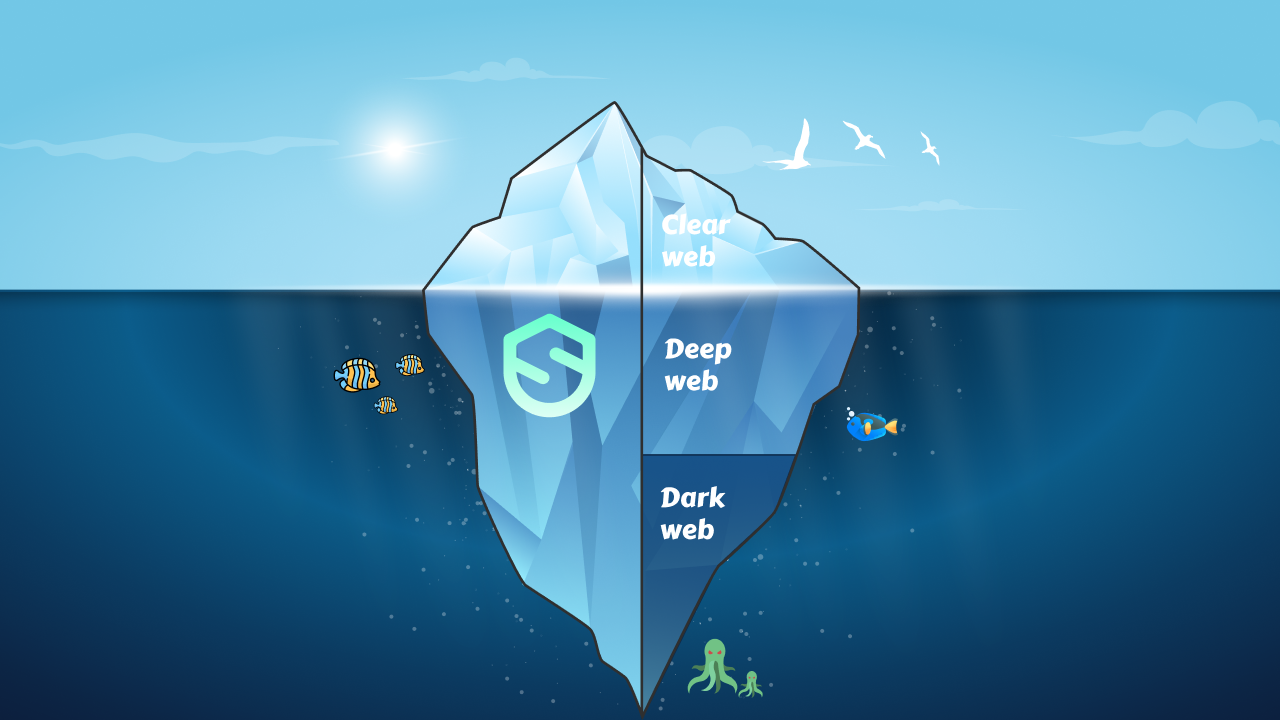Public Wi-Fi Beware: How a VPN can protect you from its perils?
Public Wi-Fi networks have become a staple in our daily lives, providing us with internet access whenever we’re on the go. From coffee shops, and airports, to hotels, public Wi-Fi is everywhere. But, have you ever stopped to think about the security risks associated with using these networks? Unfortunately, public Wi-Fi is often unsecured, leaving you vulnerable to cyber criminals and hackers. Remember that "If you’re getting something for free, you are the product"
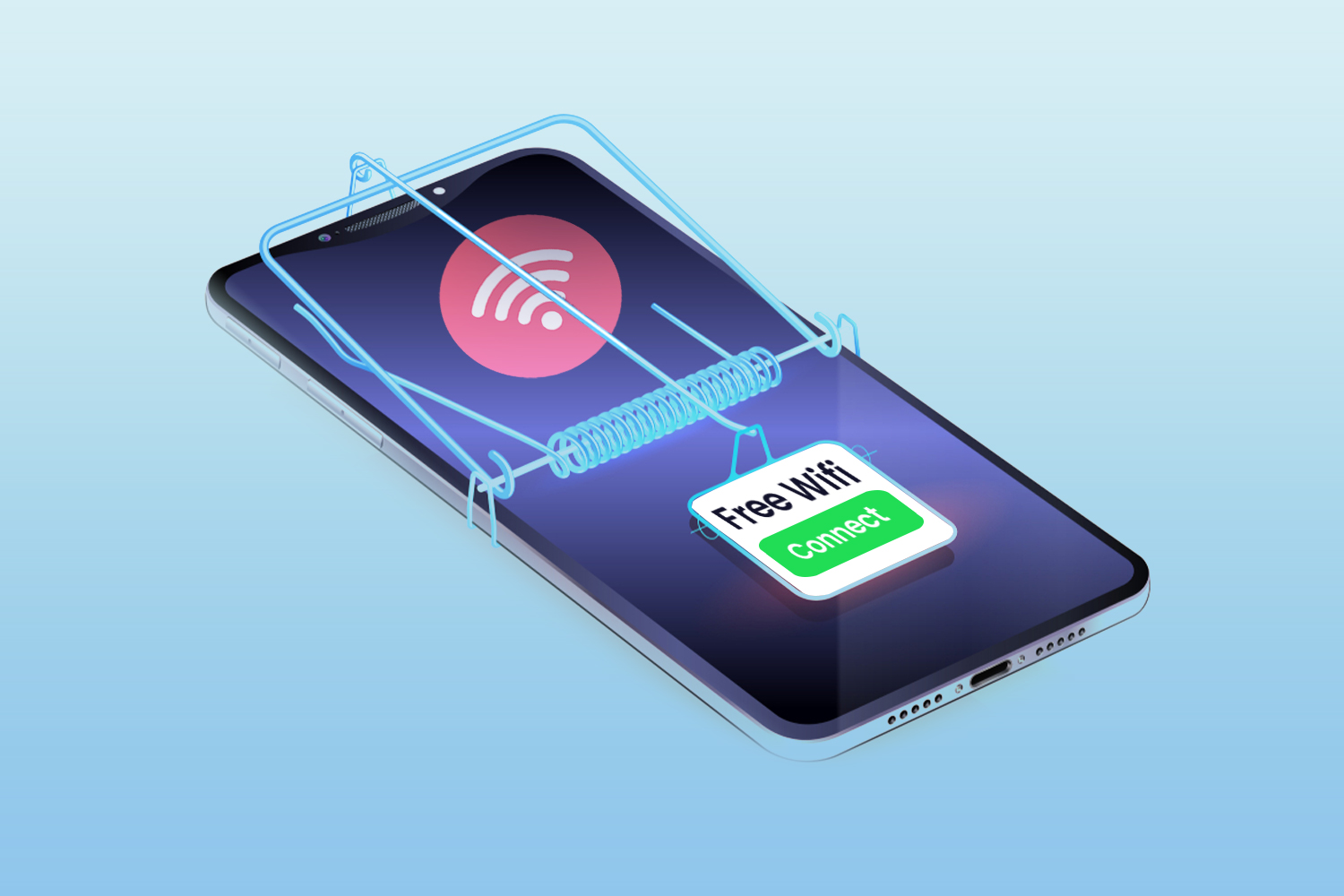
The Risks of Public Wi-Fi
The biggest problem with public Wi-Fi is that it is just…public. Your home Wi-Fi network is likely password-protected, meaning that only individuals with the necessary login credentials may access it. However, public Wi-Fi is typically accessible immediately or by entering a few contact details or a publicly available password.
This means that anyone, even malicious persons, can join public Wi-Fi networks. Therefore, it is much simpler for cyber attackers to gain access to your data via strategies such as phishing, malvertising, and malware distribution.
Here's why public Wi-Fi networks are such easy targets for hackers:
- Lack of Encryption: One of the biggest reasons public Wi-Fi is unsecured is that it often lacks encryption. Encryption is a process that makes your online activities unreadable to anyone who tries to spy on your connection. Without encryption, your sensitive information, such as login credentials and personal details, is easily accessible to hackers and cybercriminals.
- No Password Protection: Many public Wi-Fi networks do not require a password, making it easy for anyone to connect to the network. This also makes it easier for hackers to access the network and steal sensitive information.
- No Firewall Protection: Firewalls play a crucial role in protecting your device and data from cyber-attacks. However, public Wi-Fi networks often lack firewall protection, leaving users vulnerable to malware and viruses.
- Outdated Routers: Public Wi-Fi routers are often outdated and have not been updated with the latest security patches. This makes them easy targets for hacking and other cyber threats.
When utilizing public Wi-Fi, you also run the chance of having your internet activity observed and your identity stolen, so it's reasonable to say that you're putting yourself in grave danger. Let’s go over some of the hackers’ tricks:
- The "Man-in-the-Middle" Attack: This one sounds like a superhero movie, but it's not. It's when a hacker intercepts and eavesdrops on your internet traffic. The best way to protect yourself from this type of attack is to wear a cape and mask. The hacker will never expect a superhero to be using public Wi-Fi.
- The "Evil Twin" Attack: This one sounds like a villain from a Disney movie, but it's not. It's when an attacker creates a fake Wi-Fi hotspot with a similar name to a legitimate one. To protect yourself, just carry a lucky rabbit's foot or a four-leaf clover in your pocket. The attacker won't be able to get near you with all that good luck on your side.
- Malware Infections: Public Wi-Fi networks can be infected with malware that can infect your device. The best way to protect yourself from this is to wear a tinfoil hat. The malware won't be able to penetrate your mind through the hat's protective barrier.
- Phishing Attacks: Attackers can use public Wi-Fi networks to launch phishing attacks and steal sensitive information. To protect yourself, just use a fake email address and make up a fake name. The attacker won't know what hit them when they receive an email from "Bubbles the Unicornslayer."
So, what can you do to protect yourself while using public Wi-Fi? Use A VPN
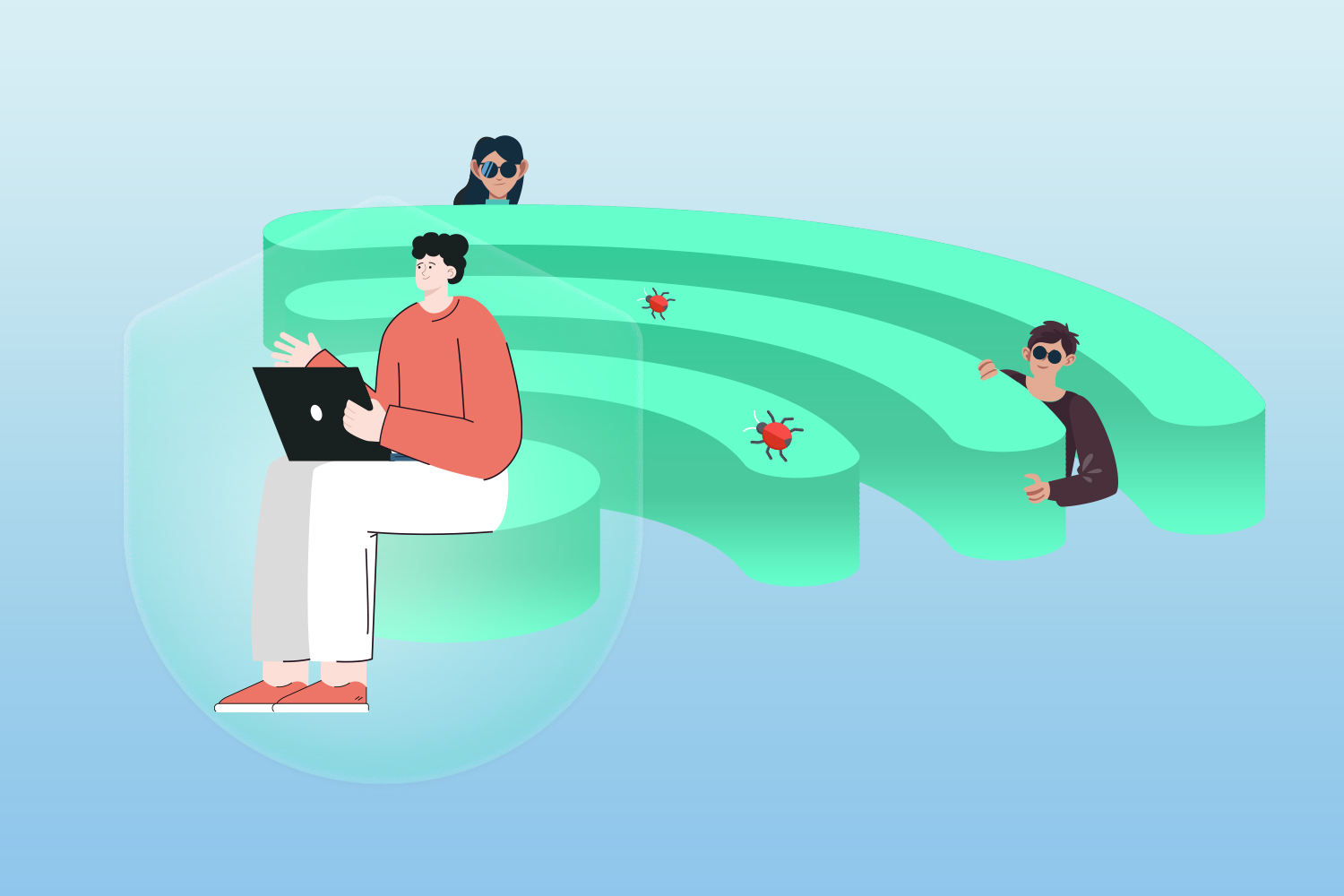
Picture this: You're at a coffee shop, sipping on your latte and browsing the web on your laptop. Suddenly, you realize that you've been connected to the public Wi-Fi network for the past hour! You start to panic and think, "What have I done?! Am I going to lose all of my important files? Is my bank account going to be emptied?" Well, don't worry, because SysVPN’s here to lighten the mood.
- Encryption: One of the primary benefits of using a VPN is the encryption it provides. A VPN encrypts your internet connection, making it difficult for hackers and cybercriminals to intercept and steal your data. The encryption process makes your online activity unreadable to anyone trying to spy on your connection. This provides a secure and private environment for your online activities, even when you’re using public Wi-Fi.
- Anonymous Browsing: With a VPN, you can browse the web anonymously. When you connect to a VPN, your online activity is hidden from others on the network, including your internet service provider (ISP) and websites. This means that your online behavior cannot be tracked, and your personal information and sensitive data are protected.
- Protection against Malware: Public Wi-Fi networks can be a breeding ground for malware and viruses. By using a VPN, you can protect yourself from malicious websites and downloads. The encryption provided by a VPN encrypts your internet connection, making it more difficult for malware to infect your device. Additionally, many VPNs have built-in security features that can detect and block malicious websites before they can harm your device.
- Access to restricted content: Some countries restrict access to certain websites and online content. With a VPN, you can access these sites from anywhere in the world. This allows you to bypass censorship and access the internet freely and securely, regardless of your location. • Improved Online Gaming Experience: If you’re an avid gamer, you know the importance of a fast and stable internet connection. Public Wi-Fi networks can be slow and unreliable, causing lag and interruptions during your gaming sessions. By using a VPN, you can improve your online gaming experience and enjoy a fast, stable, and secure connection.
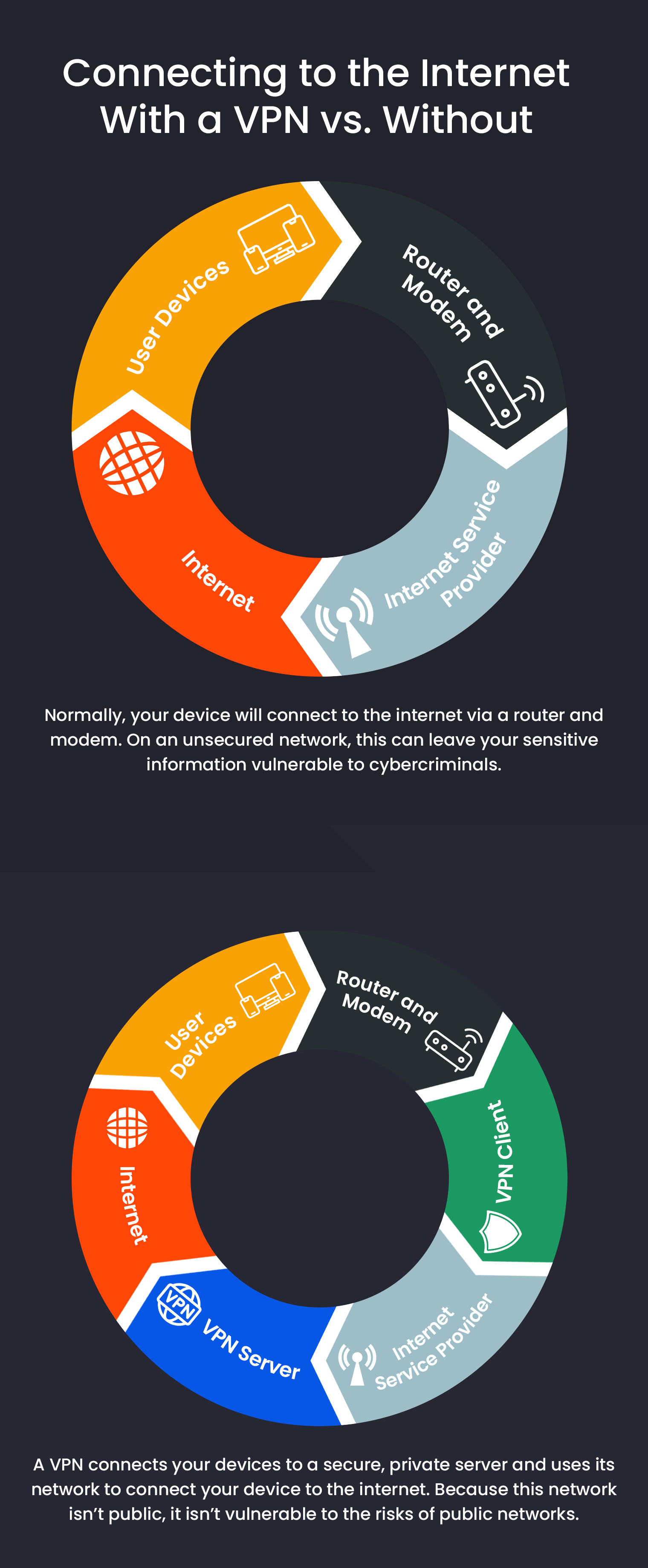
Another solution is to limit the amount of sensitive information you share while using public Wi-Fi. For example, avoid logging into bank accounts or other sensitive websites while connected to public Wi-Fi. You should also be cautious when downloading files or clicking on links while connected to public Wi-Fi.
In conclusion, public Wi-Fi is a risky business, but that doesn't mean you can't have a little fun with it. Just remember to wear a cape, carry a lucky charm, and make up a fake name, and you'll be good to go. And, if all else fails, just switch to your cellular data and avoid public Wi-Fi altogether. Happy surfing!
SysVPN is your trusty digital shield, safeguarding your online actions with unbeatable AES 256 GCM encryption. Say goodbye to public Wi-Fi worries with this user-friendly VPN, designed for accessibility and affordability. With no technical know-how needed, you'll have a simple installation and effortless usage. Rest easy knowing that your information is protected and enjoy an added sense of security when using public networks.

